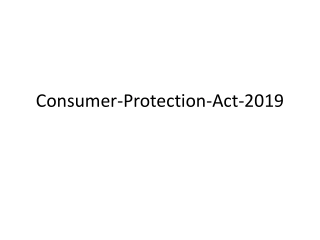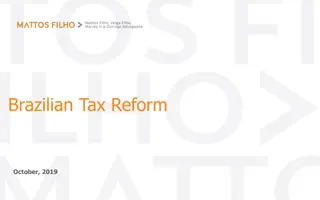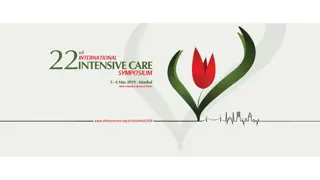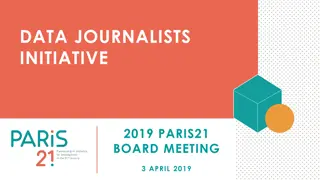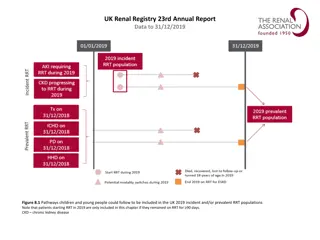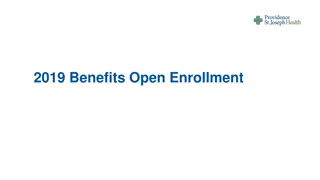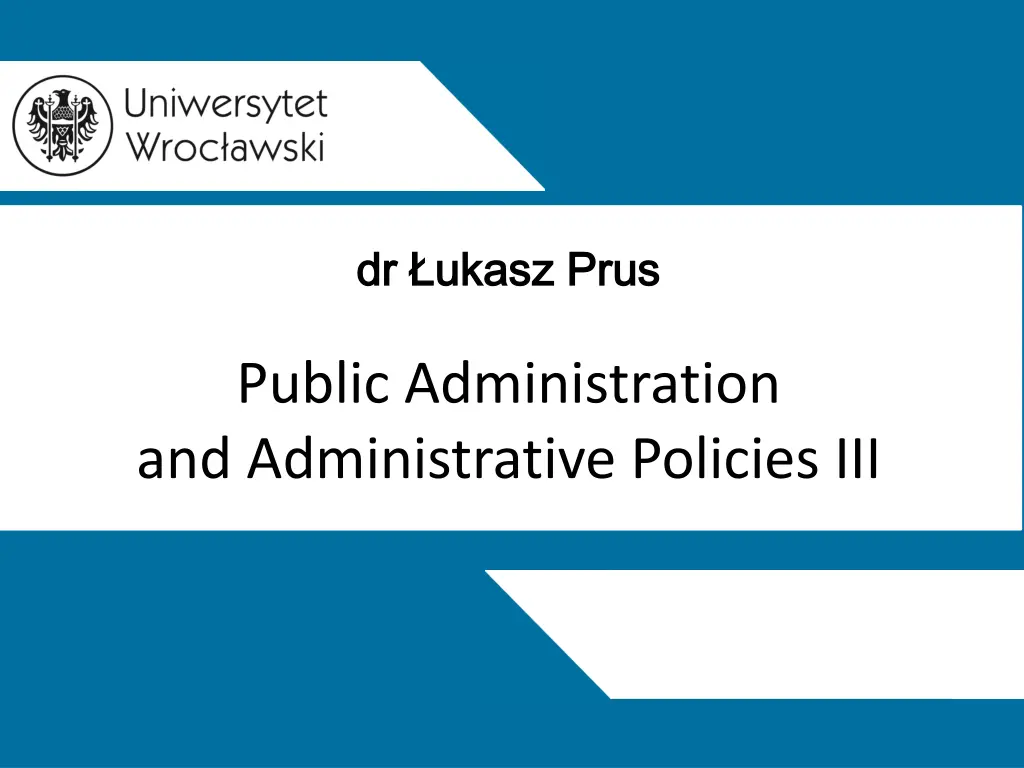
Understanding Data Privacy Laws in Public Administration Case Study
Explore a case study involving the use of camera surveillance for public safety, addressing legal implications of data collection without consent and the importance of informing individuals about data processing.
Download Presentation

Please find below an Image/Link to download the presentation.
The content on the website is provided AS IS for your information and personal use only. It may not be sold, licensed, or shared on other websites without obtaining consent from the author. If you encounter any issues during the download, it is possible that the publisher has removed the file from their server.
You are allowed to download the files provided on this website for personal or commercial use, subject to the condition that they are used lawfully. All files are the property of their respective owners.
The content on the website is provided AS IS for your information and personal use only. It may not be sold, licensed, or shared on other websites without obtaining consent from the author.
E N D
Presentation Transcript
dr ukasz Prus dr ukasz Prus Public Administration and Administrative Policies III
Order of Order of lectures 1. 1. short short introduction introduction 2 2. . case case studies studies - - in cases cases and and the the text text about partly partly written written by Research Research Network on EU Network on EU Administrative and and partly partly written written by me by me Then, Then, you you will will read read the the cases lectures in this this part I part I will will show show you you the the content content of of about principles principles of by a a research research group of public public administration administration in EU group called called ReNEUAL ReNEUAL - - the Administrative Law, Law, in EU the cases in 15 in 15- -20 20 minutes minutes. .
At the end of each case you will find questions. Then you will suggest possible answers Afterwards we will remind the most important assumptions of cases and we will compare your propositions with the decision of the court. In text principles possibly you can find an answer or other suggestions
During the period from 5 October 2007 to 11 April 2008, Mr Ryne installed and used a camera system located under of his family home. The camera recorded the entrance to his home, the public footpath and the entrance to the house opposite. Mr Ryne and his family had for several years been subjected to attacks by persons unknown whom it had not been possible to identify.
On the night of 6 to 7 October 2007, a further attack took place. One of the windows of Mr Ryne s home was broken by a shot from a catapult. The video surveillance system at issue made it possible to identify two suspects. Czech public administration authority decided that Mr Ryne had infringed Law No 101/2000, since: as a data controller, he had used a camera system to collect, without their consent (?), the personal data of persons moving along the street or entering the house opposite;
- he had not informed those persons of the processing of that personal data, the extent and purpose of that processing, by whom and by what means the personal data would be processed, or who would have access to the personal data; and as a data controller, Mr Ryne had not fulfilled the obligation to report that processing to the Office. Mr Ryne brought an action challenging that decision, which the Prague City Court dismissed by judgment of 25 April 2012.
It should be noted that, according to settled case-law, the protection of the fundamental right to private life guaranteed under Article 7 of the Charter of Fundamental Rights of the European Union requires that limitations in relation to the protection of personal data must apply only in so far as is strictly necessary
Consequently, Article 3(2) of Directive 95/46 must be interpreted as meaning that the operation of a camera system, as a result of which a video recording of people is stored on a continuous recording device such as a hard disk drive, installed by an individual on his family home for the purposes of protecting the property, health and life of the home owners, but which also monitors a public space, is lawful.
ECJ in case C-131/12 stated that certain persons may turn to search engine owners with the request to remove specific search results containing their first name and surname. The website considers whether search results contain old information but may refuse to remove information about fraud, criminal proceedings or public behavior of public officials.
Google will balance the privacy rights of the individual concerned, with the interest of the general public, in having access to the information, For example, Google may decline to remove certain information about scams, professional malpractice, criminal convictions or public conduct of government officials
General principles and fundamental rights One of the most central questions which needs to be answered concerns the legality of an act or action of an public bodies or agencies acting within a policy covered by EU law. In order to answer such a question, it is necessary to have a set of some criteria
Superior criteria for the legality of acts of the EU exist mostly in the form of general principles of law and fundamental rights - constitutional status - interpretation of Union law - grounds for the review of PA & AP - basis for the non-contractual liability of the Union - Europeization standards of PA & AP in Member States
Rule of law (Legality) Legal certainty Legitimate expectations Data protection (Right to privacy)
Principle of good administration Umbrella concept Good , sound , or proper administration v. Maladministration Magic box Article 41 Charter defines minimum standards of good administration.
Article 41 Charter reads: 1. every person has the right to have his or her affairs handled impartially, fairly and within a reasonable time by the institutions, bodies, offices and agencies of the union. 2. This right includes: A) the right of every person to be heard, before any individual measure which would affect him or her adversely is taken
B) the right of every person to have access to his or her file, while respecting the legitimate interests of confidentiality and of professional and business secrecy C) the obligation of the administration to give reasons for its decisions
Every person has the right to have the Union make good any damage caused by its institutions or by its servants in the performance of their duties, in accordance with the general principles common to the laws of the Member States Article 41.4 Every person may write to the institutions of the Union in one of the languages of the Treaties and must have an answer in the same language According to the Charter the right to good administration requires that decisions be taken pursuant to procedures which guarantee fairness and timeliness
1) The right to have his or her affairs handled impartially, fairly, and within a reasonable time: the duty of care Obligation of the administration impartially and carefully to establish and review the relevant factual and legal elements of a case, prior to making decisions or taking other steps The decision must be taken carefully and impartially , requiring the absence both of arbitrary action and of unjustified preferential treatment including personal interest
Slow administration is bad administration and might be in violation of the concept of legal certainty
2) Reasoning of decisions The obligation to give reasons for decisions Reasons must disclose in a clear fashion the reasoning followed by the EU authority which adopted the measure in question in such a way as to make the persons concerned aware of the reasons for the measure and thus enable them to defend their rights and to enable the court to exercise its supervisory jurisdiction The lack of reasoning of an act is ground for its annulment.
3) Damages the right to receive compensation for damage When? Art. 340 TFUE
3) Language rights The right of free choice of the language is applicable to communication with institutions of the EU. Agencies and other bodies may thus be subject to specific language regimes
4) Access to ones file This right requires access to documents and the file. The right of access to the file is the right to get full information on matters which may affect a person s position in an administrative procedure, especially where sanctions may be involved However which can be limited in the case of confidential information of third parties.
5) Fair hearing The right to a fair hearing must be observed in all proceedings initiated against a person, especially which may affect a person s position in an administrative procedure, especially where sanctions may be involved That principle (audi alteram partem or audiatur altera pars) cannot be limited, excluded or restricted by any legislative provision
The right to a fair hearing requires that the party concerned: must receive complete statement about a case, must also be given the opportunity to make its views known on the truth and relevance of the facts and circumstances alleged and on the documents used , must be given right of access to documents and the file (which can be limited in the case of confidential information of third parties).
5) Additional rights of defence A guarantee of the respect for the rights of the defence of anyone who has been charged is provided in Article 48 Charter Not only criminal procedures Also administrative procedures conducted by EU institutions and bodies or by Member State bodies implementing EU law.
Generally speaking, rights of defence include: a limited right of legal professional privilege, concerning the right to confidentiality of communications with an external lawyer; a limited right against self-incrimination this, for example, prohibits the Commission, in a request for information in competition proceedings, to require the undertaking to provide it with answers which might involve an admission on its part of the existence of an infringement
respect for the rights of the defence constitutes a fundamental principle and must be protected not only in administrative procedures which may lead to the imposition of penalties but also during preliminary inquiry procedures such as investigations
right to a fair hearing is, * in all proceedings initiated against a person which are liable to * culminate in a negative measure affecting that person, * a fundamental principle of Community law which must be guaranteed * even in the absence of any rules governing the proceedings at issue.
A, B and C, third country nationals, each lodged an application for a temporary residence permit (asylum) in the Netherlands. In support of their applications, they stated that they feared persecution in their respective countries of origin on account, in particular, of their homosexuality The first application for asylum lodged by Mr A was rejected by the Staatssecretaris as not being credible.
Mr A did not challenge that first refusal and lodged a second application for asylum, stating that he was prepared to take part in a test that would prove his homosexuality or to perform a homosexual act to demonstrate the truth of his declared sexual orientation. the Staatssecretaris rejected also B s application on the ground that the statements concerning his homosexuality were unclear C lodged a first application for asylum on grounds other than persecution based on his homosexuality, which was rejected by the Staatssecretaris In the second application, C submitted that he had not been able to indicate his homosexual feelings until after leaving his country of origin. In support of his application, C also gave the authorities responsible for carrying out the assessment of the application a video recording of intimate acts with a person of the same sex.
By decision of 8 October 2012, the Staatssecretaris rejected Cs application for asylum on the ground that his statements concerning his homosexuality were not credible. The Dutch court considers that the mere fact of putting questions to the applicant for asylum may, to a certain extent, infringe the rights guaranteed by the abovementioned provisions of the Charter.
While the national authorities are entitled to carry out, where appropriate, interviews in order to determine the facts and circumstances as regards the declared sexual orientation of an applicant for asylum, But questions concerning details of the sexual practices of that applicant are contrary to the fundamental rights guaranteed by the Charter and, in particular, to the right to respect for private and family life as affirmed in Article 7 thereof.
In relation to the option for the national authorities of allowing, as certain applicants in the main proceedings proposed, homosexual acts to be performed, the submission of the applicants to possible tests in order to demonstrate their homosexuality or even the production by those applicants of evidence such as films of their intimate acts, it must be pointed out that, besides the fact that such evidence does not necessarily have probative value, such evidence would of its nature infringe human dignity, the respect of which is guaranteed by Article 1 of the Charter.
Moreover, the effect of authorising or accepting such types of evidence would be to incite other applicants to offer the same and would lead, de facto, to requiring applicants to provide such evidence. Under these circumstances: Article 4 of Directive 2004/83, read in the light of Article 7 of the Charter of Fundamental Rights of the European Union, must be interpreted as precluding, in the context of that assessment, the competent national authorities from carrying out detailed questioning as to the sexual practices of an applicant for asylum.
Article 4 of Directive 2004/83, read in the light of Article 1 of the Charter of Fundamental Rights of the European Union, must be interpreted as precluding, in the context of that assessment, the acceptance by those authorities of evidence such as the performance by the applicant for asylum concerned of homosexual acts, his submission to tests with a view to establishing his homosexuality or, yet, the production by him of films of such acts.

